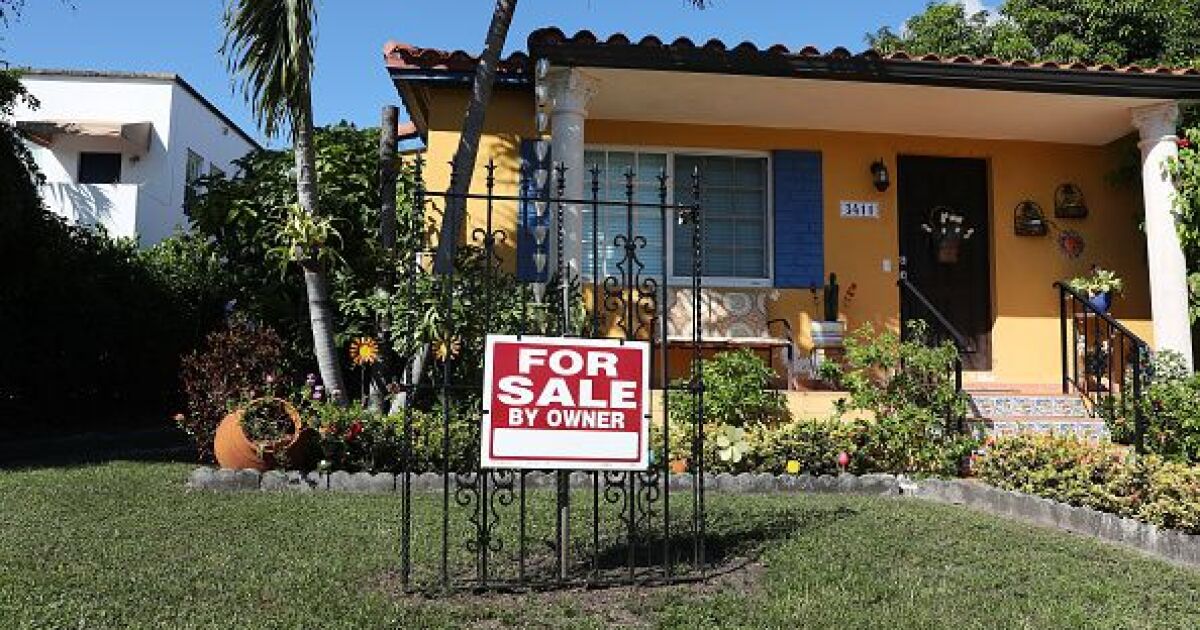
Rather than spending their federal pandemic stimulus money, some Americans banked it, and now almost one-quarter of first-time home buyers (24%) are using those funds to help with their down payment, a Redfin survey found.
An additional 23% responded they are going to be able to fund all or a portion of a down payment because of extra savings they were able to make during the pandemic because of lower expenses.
"There was a fair amount of economic uncertainty at the beginning of the pandemic and many people initially lost their jobs due to widespread lockdowns," Redfin Chief Economist Daryl Fairweather said in a press release. "But plenty of Americans, particularly those who are in a position to buy a home, are now in a better financial position than before."
The responses came from a subset of 215 potential first-time buyers in a 1,500 person survey conducted between Dec. 10-13 of people planning to buy or sell a home in the next 12 months.
The results are in line with a Zonda survey from March 2021, which found that thesecond choice of millennials for using their additional pandemic savings was to fund a down payment for a home.
Participants were able to select multiple alternatives. The two pandemic-related responses were the second and third choices, behind saving directly from their paycheck, the answer of 52% of those surveyed.
However, a Redfin survey ofmillennial home buyers in March 2019, a year before the pandemic, found 72% said paycheck savings would help fund their down payment.
Working a second job was cited by 22%, the fourth choice overall. Meanwhile 15% are selling stock investments, while 12% are doing the same with their cryptocurrency.
Only 5% admitted that they haven't figured out yet how they will accumulate money in order to make a down payment.
The average American family with children received $6,660 in stimulus money in 2021 in the form of stimulus checks and the expanded child tax credit, Redfin said.
"Stimulus payments provided a lot of Americans not only with necessary relief, but extra money in their pockets," Fairweather said. "Some people were also able to save more money than usual because they spent less on things like traveling, eating out and paying back student loans, which were paused during the pandemic."
The average median home price for the four week period ending Jan. 30 was $354,750, up 14% from the same time in 2021, a separate Redfin report said. At that price, a 3% down payment, which is the minimum amount required for a first-time buyer toqualify for a conforming mortgage, a purchaser would need to come up with $10,642.50. With 20% down — the amount where no private mortgage insurance would be required — the buyer must have $70,950 on hand. For a Federal Housing Administration-insured mortgage, the required 3.5% minimum translates to $12,416.25.
That amount is likely to rise as Redfin expects home prices to increase at a 7% rate, albeit at a slower pace than for the past year, by the end of 2022.
"Even though the price of home buying has never been higher, demand is only getting stronger," said Redfin Deputy Chief Economist Taylor Marr. "Some of that demand may be a reflection of buyers' urgency to get ahead of rising rates, leaving a lot of uncertainty about how strong home sales will be in 2022."
By summer, however, those increasing prices, combined withrising mortgage rates, "may cause buyers to pull back from the market," Marr warned.



